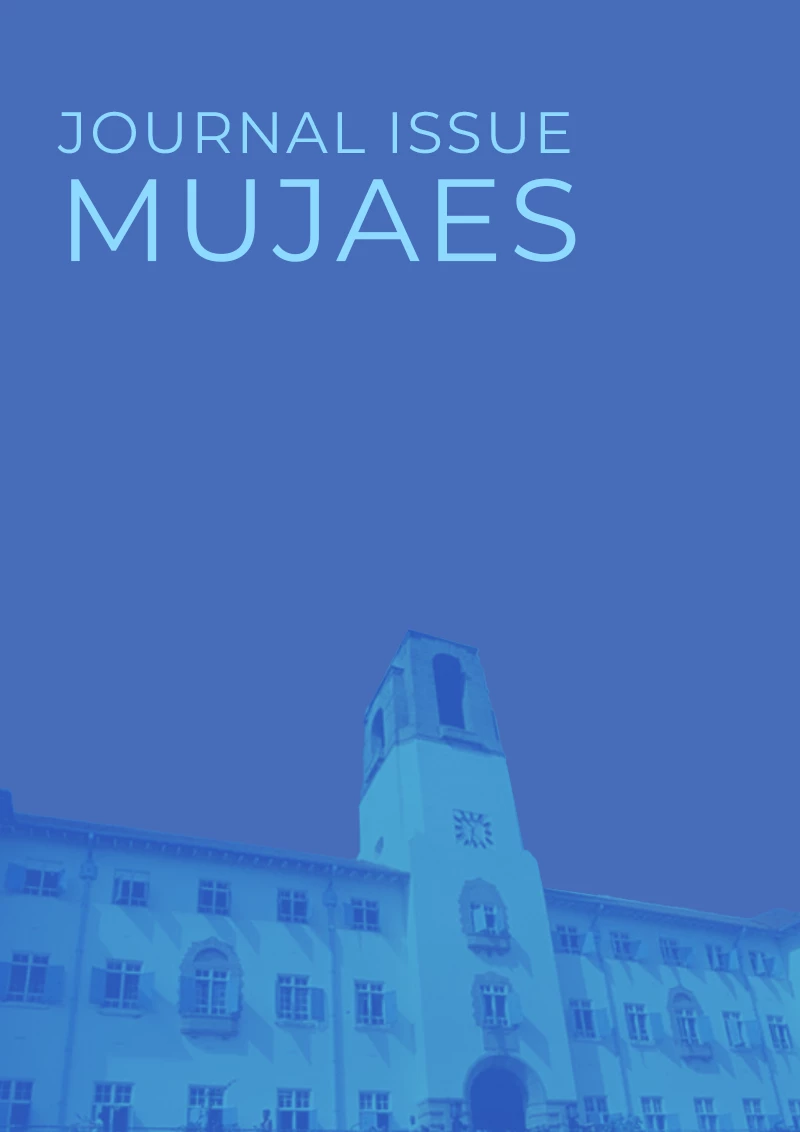The study aimed to establish the effect of coffee cropping systems and soil management on the nutrient balances at different elevations in the Mt. Elgon Region (MER) in Uganda to inform sustainable management efforts in the area. Treatments included altitude at 3 levels (1000 - 1310, 1311 - 1800, 1801 - 2300 meters above sea level); five coffee cropping system (coffee pure stand, coffee + annual crop, coffee + banana, coffee + banana + shade trees, and coffee + shade trees), and three soil input practices (organic, inorganic, and no input). The study revealed that soil fertility inputs were rarely used in coffee fields across the MER. Where the fertiliser were applied, very modest amounts (< 300 kg yr-1 for organic fertiliser) were typically applied and at irregular intervals. Elevations and soil input use interacted to influence N balances with farms under inorganic input management posting the highest positive N balances. The
coffee monocrop system had outstanding positive N balances. Where inorganic fertilisers were utilised, there were positive P balances across elevations and cropping systems. Conversely, there were negative K balances across elevations, cropping systems, or soil input practices. Integrating usage of inorganic and organic fertilisers can effectively
sustain nutrient balances in the various coffee cropping systems and at the various elevations in the MER in Uganda.
Download
